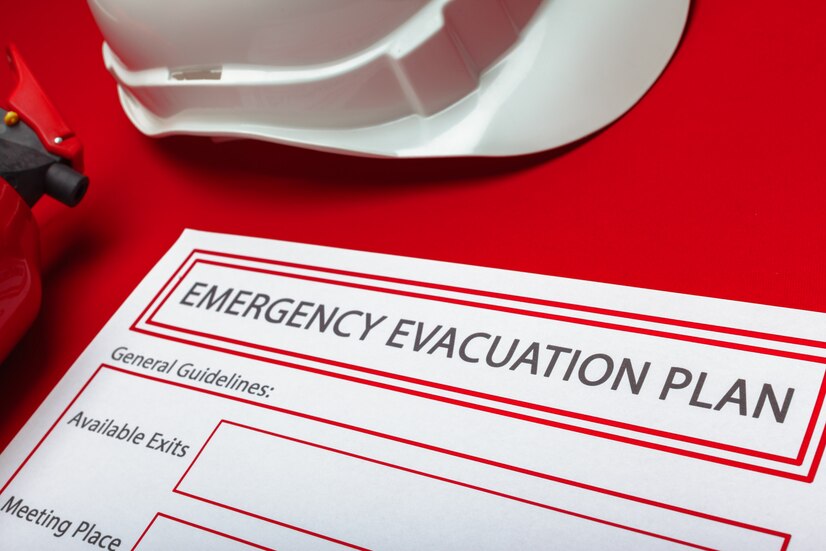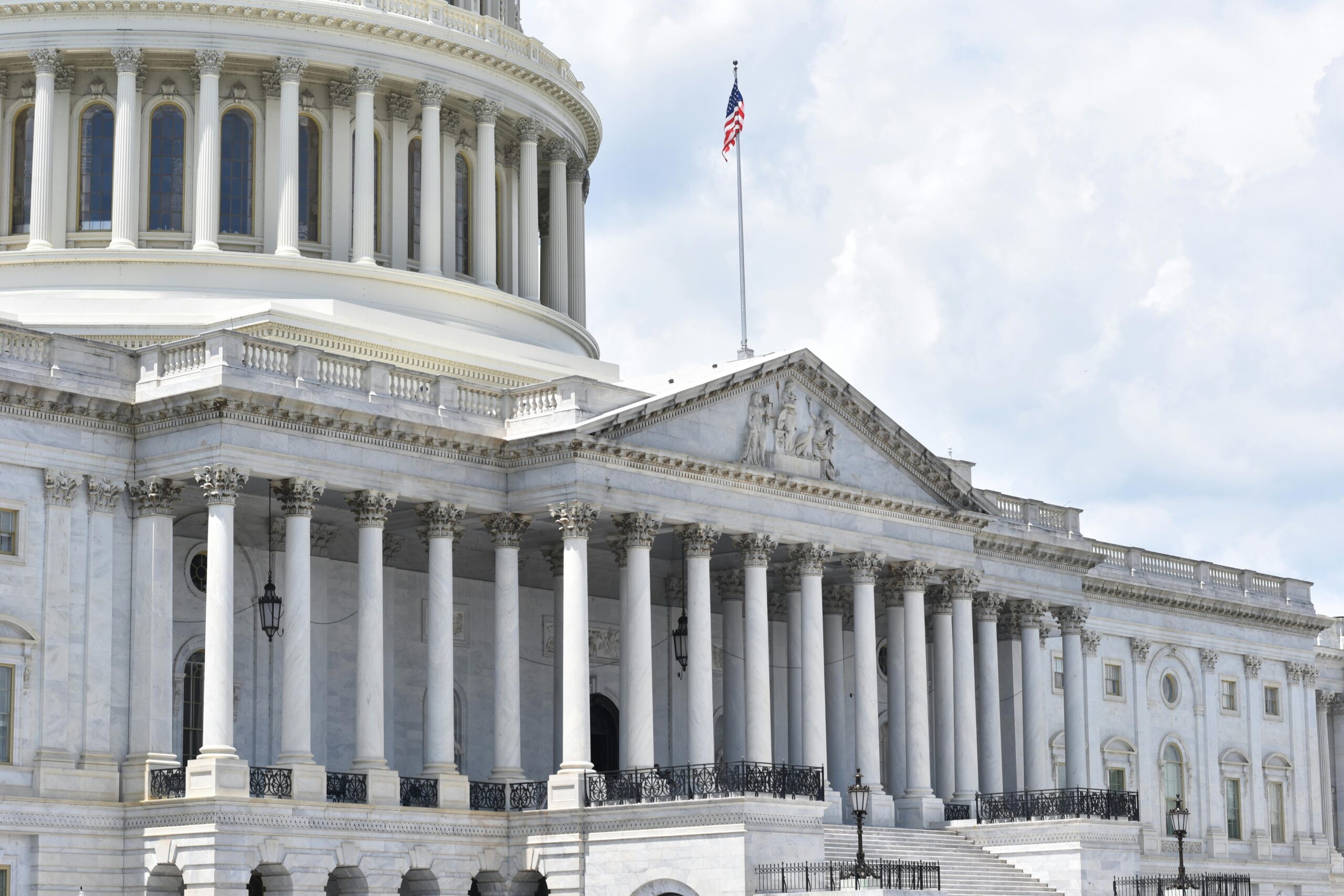FEMA in Transition: A Strategic Shift Amid Reforms, Challenges, and Social Issues
The Federal Emergency Management Agency (FEMA) has long been a key player in disaster management in the United States, especially following major events like hurricanes and wildfires. However, this iconic institution is currently at the center of heated debates due to ongoing reforms, criticisms regarding its priorities, and its responses to disasters. So, what is really happening with FEMA today? Why is this federal agency in the spotlight, and how will these transformations impact the future of emergency response in the U.S.?
In this article, we’ll explore the significant changes shaking FEMA, the political, social, and environmental challenges it faces, as well as its new direction in handling increasingly complex crises. Get ready to uncover the details behind this strategic transformation.

1. The Current Challenges Facing FEMA
FEMA has always been a critical agency in disaster response, but in recent years, it has been confronted with significant challenges. In 2024, the agency faced unprecedented natural disasters, exacerbated by climate change. Hurricane Helene and devastating wildfires showcased the scale of the damage and FEMA’s insufficient responses. Beyond natural disasters, another issue has emerged: the perceived inefficiency in managing emergency funds and a lack of adequate resources.
In October 2024, an article in The Atlantic discussed the rising costs of natural disasters and the pressure on FEMA, which struggles to keep pace with the increased demand for aid.
2. Reforms Announced by the Trump Administration: A Deep Rethink
In January 2025, Donald Trump announced his intention to sign an executive order to reorganize or, in some cases, eliminate FEMA. The president stated that the agency lacked responsiveness to the scale of disasters and was inefficient in managing funds. This announcement was met with skepticism, with some criticizing it as a political maneuver to weaken a crucial federal agency, while others argue that a thorough review is necessary to ensure more effective management.
Details of this announcement were reported by Reuters, highlighting the government’s desire to rethink FEMA’s operations.
3. A New Priority: Equity in Disaster Management
One of the key reforms underway at FEMA is the integration of equity into emergency response. A webinar hosted by the agency in October 2024 emphasized this new direction. FEMA now seeks to better address the needs of marginalized communities, including the LGBTQIA+ population. This shift toward “equity in disaster management” aims to respond more effectively to the specific needs of vulnerable groups during crises. While this approach is praised for its inclusivity, questions remain about its practical implications and how the agency will actually implement these new priorities.
An article from the New York Post outlined the key points of this strategy, emphasizing the agency’s goal to rethink its priorities when dealing with minority communities.
4. Criticism: Too Ideological in Its Approach?
While some applaud FEMA’s inclusive approach, others, particularly in the Republican camp, criticize it as a “woke” policy that diverts the agency from its core mission. Critics argue that FEMA is now too focused on social and political issues, at the expense of its ability to effectively respond to natural disasters. They believe the agency should return to a more pragmatic, less ideological approach, focusing on the essentials: crisis management and aid distribution.
Political criticisms have been widely reported by publications like Le Monde, which highlight how political tensions impact FEMA’s efficiency.
5. The Impact of Climate Change on Natural Disasters and FEMA’s Role
Natural disasters are on the rise, and scientists attribute a part of this increase to climate change. FEMA is therefore increasingly called upon to respond to crises that are not only more frequent but also more severe. The agency now faces unprecedented logistical challenges due to the rise in extreme weather events. This situation is pushing FEMA to rethink its management methods, funding, and intervention capabilities. But are the agency’s human and financial resources sufficient to meet this new reality?
The growing frequency of natural disasters has been widely discussed in The Atlantic, which sheds light on the rising costs of these events and the scale of resources needed to address them.

6. Misinformation and Political Accusations: An Obstacle to FEMA’s Effectiveness?
FEMA is not only facing internal and external criticisms about its strategic choices. Misinformation about its actions and funds has also been a significant barrier to its effectiveness. During the 2024 election campaign, FEMA was accused of mismanaging emergency funds, particularly in the distribution of aid after hurricanes. Some voices claim the agency has been used as a political tool by certain factions, causing delays in providing relief. Misinformation has thus had a direct impact on the agency’s effectiveness.
Accusations of mismanagement and misinformation are also discussed in Le Monde, which emphasizes how political interference can impact disaster management.
7. Towards a More Agile FEMA: What Changes Can We Expect?
Despite all the criticisms, FEMA seems to be adapting and evolving. Among the options being explored is greater collaboration with local governments and non-governmental organizations to improve the speed and relevance of responses. Implementing more flexible intervention strategies, which allow for immediate adaptation to the specific needs of affected regions, could be a key solution. However, implementing these changes will require massive investments and a restructuring of the agency’s internal mechanisms.
FAQ
Q1: Why is FEMA at the center of political debates in the U.S.?
R1: FEMA is in the spotlight due to proposed reforms by the government, criticisms regarding its disaster management, and new priorities concerning social equity. These issues raise concerns about the agency’s effectiveness in handling current crises.
Q2: What are the main challenges FEMA is facing?
R2: The challenges include the intensification of natural disasters, criticism of emergency fund management, and a shift toward a more inclusive approach, which divides public opinion.
Q3: What does the shift toward “equity in disaster management” entail?
R3: This shift aims to better address the needs of marginalized communities, including LGBTQIA+ populations, by ensuring equal access to emergency relief.
FEMA is at a crossroads, caught between the need to adapt to growing environmental challenges and political pressures to reform its operations. Whether one supports or criticizes these reforms, it is clear that the agency must engage in deep reflection to respond more effectively to future crises. The key challenge will be to find a balance between inclusivity and operational efficiency, ensuring a resilient future for all U.S. citizens facing disasters.







